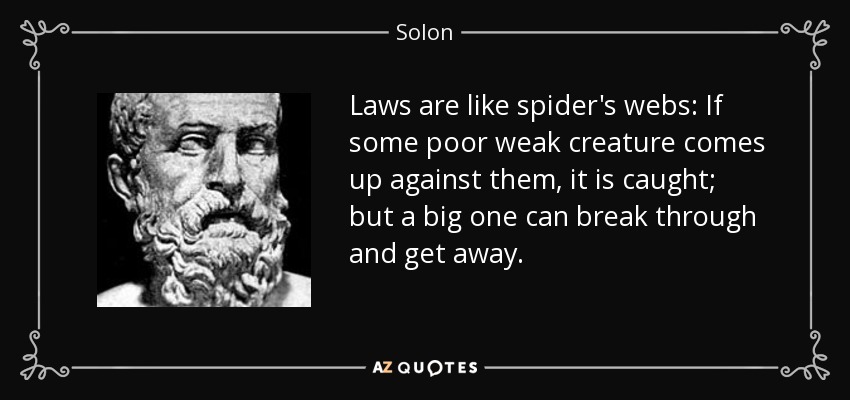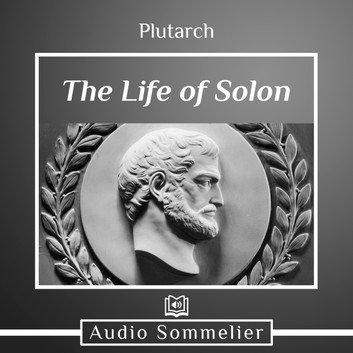

Like Polybius (see the sixth installment in this series), Plutarch served as a magistrate in his home town, got on well with the Romans, and received some commissions from them. Plutarch was educated in Athens, the Oxford of the time. It was a small village then, and it remains a small village today. Plutarch, although a Greek, was a full Roman citizen: His Latin name may have been Lucius Mestrius Plutarchus.

Tacitus is the subject of the next essay, and Plutarch is the subject of this. The works studied most often were the New Testament, the histories of Tacitus, and the biographies of Plutarch. Even the minority of young men who attended college were not expected to do so, and only those authors commonly studied had a direct influence on the Constitution.

Of course, Founding-era schoolboys had no time to read them all. Cornelius Tacitus, the greatest Roman historian.a collection of famous legal scholars-Gaius, Papinian, Ulpian, and others and.Gaius Suetonius, who wrote engaging biographies.Lucius Apuleius, a philosopher-turned-novelist.Petronius, a member of the Emperor Nero’s court who crafted what might be the first novel.his nephew, the younger Pliny-an accountant, lawyer, consul, and provincial governor-who left behind a magnificent collection of letters.the elder Pliny, an admiral in the Roman navy and author of a massive encyclopedia.Seneca the Younger (son of the elder Seneca), a philosopher, playwright, and imperial adviser.Seneca the Elder and Quintilian, both teachers of rhetoric.Among those who wrote in Greek were Plutarch and the authors of the Christian New Testament. The Roman Empire had a pair of official languages: Greek in the eastern part of the realm and Latin in the West. In the two centuries following, the Roman Empire produced many other influential writers. The historian Livy, whose influence with the founding generation was the topic of the previous installment, died in 17 C.E.


 0 kommentar(er)
0 kommentar(er)
